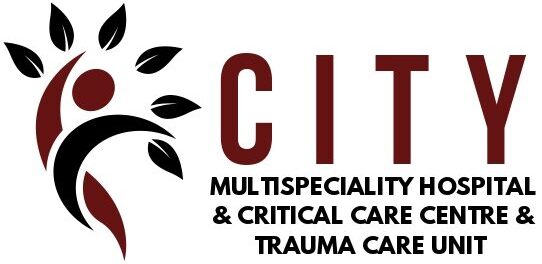What Is Spine Surgery?
Spine surgery is a medical procedure that treats problems in your back or neck. Often, doctors suggest spine surgery when other treatments do not help. For example, if pain or weakness does not improve with medicine or therapy, surgery may be needed. The goal is to relieve pain, fix damage, or help you move better. Many people worry about spine surgery, but new methods make it safer and more effective than before.
Common Reasons for Spine Surgery
Doctors may recommend spine surgery for several reasons. Usually, these include:
Sometimes, spine surgery is the best way to restore movement and reduce pain. However, doctors try other treatments first.
Symptoms That May Require Spine Surgery
Not all back pain needs surgery. Still, some symptoms may mean you need to see a spine specialist. For instance, watch for:
If you notice these signs, it is important to get medical advice quickly. Early treatment can prevent more serious problems.
Diagnosis and Evaluation Process
Before recommending spine surgery, doctors use several steps to find the cause of your symptoms. First, they ask about your health history and do a physical exam. Next, they may order tests such as:
After these tests, your doctor will discuss the best treatment options. Sometimes, you may need to see more than one specialist.
Types of Spine Surgery Procedures
There are different types of spine surgery. Your doctor will choose the best one for your condition. Some common procedures include:
Many surgeries today use minimally invasive techniques. This means smaller cuts, less pain, and faster recovery.
Recovery and Rehabilitation
After spine surgery, recovery is important. Most people stay in the hospital for a few days. However, some may go home the same day. Your doctor will give you instructions for care at home. You may need:
Recovery time depends on the type of surgery and your health. With proper care, many people return to normal activities within weeks or months.
Risks and Potential Complications
Like all surgeries, spine surgery has risks. Although most people do well, some may have complications. These can include:
Your doctor will talk with you about these risks before surgery. Choosing a skilled spine surgeon can help lower your risk.
Prevention and Lifestyle Tips
While not all spine problems can be prevented, healthy habits can help. For example, you can:
Additionally, see your doctor if you have ongoing back pain. Early care can prevent serious spine issues.
Conclusion
Spine surgery can help many people with back or neck problems. However, it is important to understand the reasons, risks, and recovery steps. If you have symptoms or concerns, consult a spine specialist for personalized advice on spine surgery.

